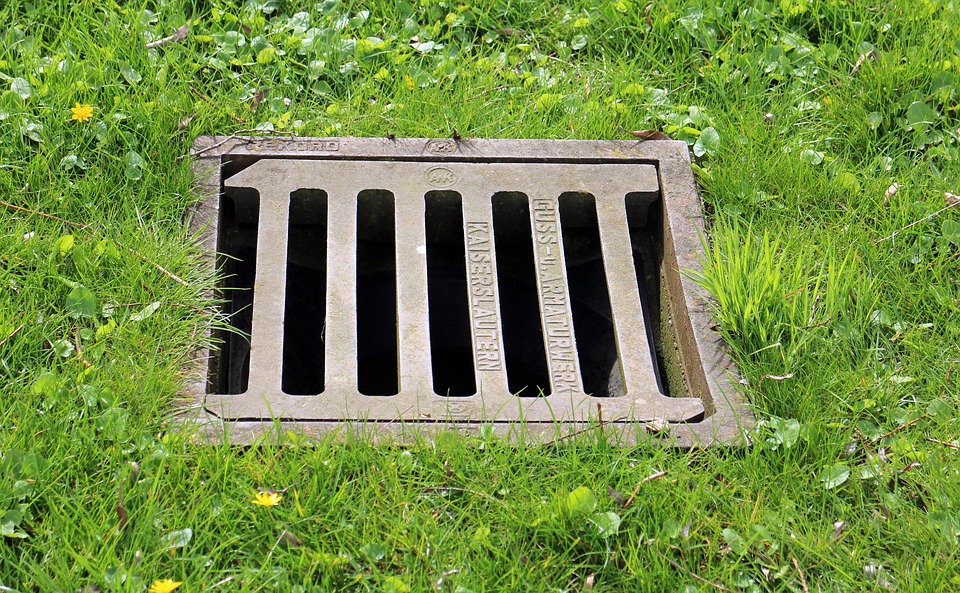Navigating Your Career as a Sewage Engineer: Essential Roadmaps for Success in the UK
Embarking on a career as a sewage engineer in the UK is akin to stepping into a world where science meets public health, all whilst ensuring the environment remains unscathed. This profession, often overlooked, is crucial for the sustainability of our urban landscapes. The journey to success in this field is multifaceted, requiring a blend of technical knowledge, practical skills, and an understanding of regulatory frameworks.
1. Qualifications: The Foundation of Your Career
To begin with, having the right qualifications is paramount. Most sewage engineers hold at least a bachelor’s degree in civil engineering, environmental engineering, or a related discipline. However, the academic journey doesn’t end there. Pursuing further education, such as a master’s degree or specialised certifications in wastewater management, can elevate your profile significantly. Engaging in continuous professional development (CPD) through workshops and courses keeps your skills sharp and relevant.
2. Gaining Experience: The Practical Edge
Experience is the bedrock upon which your career should be built. Internships or apprenticeships provide invaluable insights into the day-to-day operations of sewage systems. Shadowing seasoned engineers allows you to grasp the intricacies of the profession, from designing sewage treatment plants to understanding the nuances of regulatory compliance. Don’t shy away from volunteer opportunities, as they can offer hands-on experience and enhance your CV.
3. Networking: Building Your Professional Circle
In the realm of sewage engineering, networking can open doors you never knew existed. Attend industry conferences, seminars, and local meetups to connect with professionals in the field. Joining organisations such as the Institution of Civil Engineers (ICE) or the Chartered Institution of Water and Environmental Management (CIWEM) provides access to a wealth of resources and mentorship opportunities. Engaging with peers can lead to collaborative projects and job referrals, making your journey smoother.
4. Understanding Regulations: The Legal Landscape
Navigating the regulatory landscape is crucial for any sewage engineer. Familiarity with legislation such as the Water Industry Act and the Environment Agency’s guidelines is essential. Staying updated on changes to environmental policies can influence the design and operation of sewage systems. It’s advisable to develop a good rapport with local authorities and environmental agencies, as these relationships can facilitate smoother project approvals.
5. Embracing Technology: The Future of Sewage Engineering
The integration of technology into sewage engineering is revolutionising the field. Familiarity with software for modelling sewage systems, as well as knowledge of innovative treatment technologies, will set you apart from your peers. Understanding the principles of smart water management and data analytics not only enhances operational efficiency but also prepares you for the future challenges of urbanisation and climate change.
Navigating Towards Success
As you carve out your path in this essential profession, remember that success in sewage engineering requires a blend of education, practical experience, and an understanding of the broader environmental impact. Embrace opportunities for growth, stay connected with the community, and keep abreast of technological advancements. Your role is not just about managing waste; it’s about safeguarding public health and preserving our planet for future generations.
For those seeking to enhance their employability, CVPortal continues to bring you various top-notch CV references, ensuring you’re well-equipped to make your mark in this vital industry.


